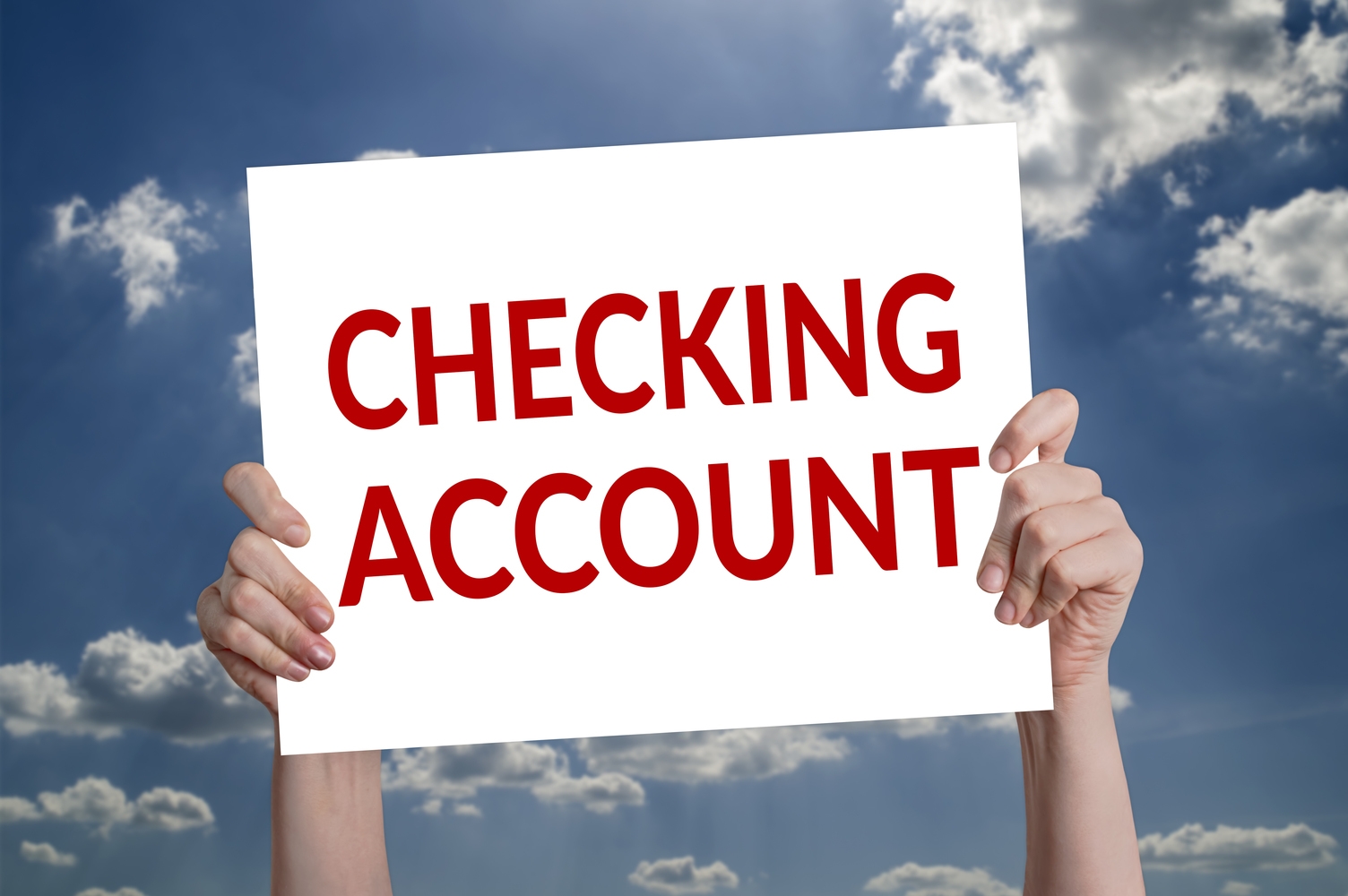Key Insights into Opening and Managing Checking Accounts
Learn essential tips for choosing, opening, and managing a checking account effectively. Understand key features like minimum balance requirements, transaction limits, and fee structures. Discover how to select the best account suited to your needs and the simple process of opening one. This guide helps you navigate your banking options confidently, ensuring smooth daily transactions and financial management.

Key Insights into Opening and Managing Checking Accounts
A checking account, often called a transactional account, provides easy access to funds and is simple to set up. It's primarily used for routine payments and everyday banking transactions. Funds in a checking account can be accessed via automatic transfers, checks, or debit cards. While often mistaken for savings accounts, checking accounts serve different purposes and functions.
Tips for Choosing the Right Checking Account
When selecting a checking account, several factors should be considered.
Important features include minimum balance requirements—ensure you can maintain the required balance to avoid monthly fees. Some accounts limit monthly transactions such as checks, debit card purchases, or bill payments, which may restrict your spending. If limits are too strict, exploring other options might be beneficial. Many checking accounts come with service charges, but fee-free alternatives are also available.
Opening a checking account is straightforward and often rewarded with bonuses or incentives. Choose a bank that aligns with your needs, research account terms and fees thoroughly. To open an account, you’ll need to fill out an application form and provide identification details such as your SSN. The bank will conduct a background check before approval. Keep in mind, a checking account should primarily hold funds for daily transactions; interest rates are typically low compared to savings accounts.
Note:
Our blog offers practical and diverse information across various topics. While the research is thorough, it's advised not to treat the articles as final authorities. We are not responsible for discrepancies or outdated data and acknowledge that some offers or schemes mentioned may not be covered in detail.










